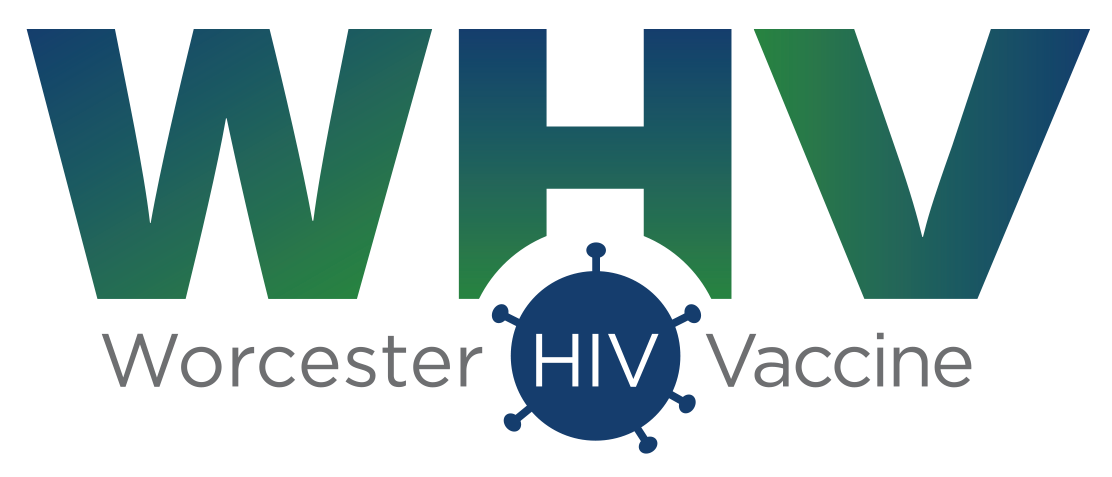WHV researchers published new data providing detailed view of the glycan shield used by HIV-1 to protect its Envelope protein from human antibody responses. This information will be critical for characterizing recombinant Env proteins, which are important components of many HIV-1 vaccine formulations, including WHV’s PDPHV candidate.
Envelope glycoprotein (Env) of HIV-1 is an important target for the development of an HIV-1 vaccine. On the virus, Env is covered with a dense array of sugar-based glycans that comprise as much as half of its weight. These glycans form a shield protecting the virus from antibody responses, but at the same time they can serve as a target for highly potent broadly neutralizing antibodies. Thus, it is important to study recombinant Env proteins used in vaccines to characterize their glycosylation and to monitor whether it changes depending on the vaccine manufacturing process.
Working with researchers from the University of Georgia, WHV scientists compared glycosylation patterns of recombinant gp120 proteins from the four major clades of HIV (A, B, C, and AE), which was the first time in HIV vaccine research to include four Env proteins in such analysis. They compared proteins produced at small scale in laboratory conditions for research purposes to proteins produced in 50L bioreactors for clinical trials. They also tested proteins produced from two cells lines, as well as explored the lot-to-lot variability in proteins produced under identical conditions.
The researchers confirmed previous studies in the field showing high abundance of unusual oligomannose on Env proteins, with 40-50% of glycans having Man5-Man9 on all four proteins under all production conditions. Overall the differences in occupancy and glycan forms among Env from different subtypes produced under different conditions were less dramatic than anticipated and antigenicity analysis with a panel of six monoclonal antibodies showed that all four gp120s maintained their antibody-binding profiles, including antibodies that recognize glycan forms. Such findings have major implications for the production of licensed HIV vaccine including Env glycoprotein components.
The results were published as open access paper in the Journal of Virology “Glycan profiles of gp120 protein vaccines from four major HIV-1 subtypes produced from different host cell lines under non-GMP or GMP conditions”. WHV researchers will also present these results at the 2020 Keystone symposium on HIV Vaccines taking place in Keystone, CO on March 22-26.

